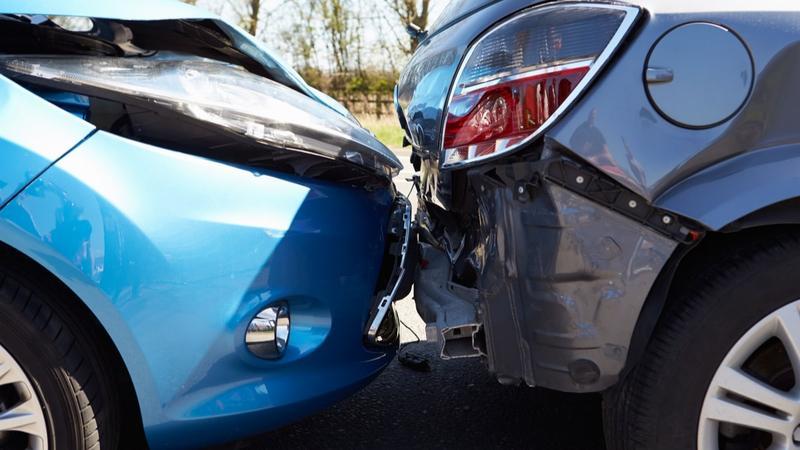No matter how cautious you are, there’s always a chance that you will find yourself in a car collision. Whether you’re at fault or not, the key is to know how to handle the situation. These three common car insurance scenarios can help better prepare you for proper collision protocol.
Parking lot bang-up
You’re leaving the store and pulling your car keys from your pocket when you look up to see another car has just hit your parked vehicle. The driver has stuck around, but now what?
First things first: make sure that the driver isn’t hurt and call 9-1-1 if they need medical attention. You’re not at fault, so the incident won’t affect your insurance rate if you make a claim. You’ll want to exchange insurance information with the driver and contact your insurance agent immediately.
If there’s an injury or the damage to the vehicle appears to be over $2,000, then you must call the police to the scene. If the damage appears to be under $2,000, you must file a report at a Collision Reporting Centre within 24 hours. Since you are not at fault, you won’t have to pay the deductible if your vehicle sustains damages.
Tip: Always report a loss or damage to your insurance company. If you do not, the insurance provider may have the right to cancel your policy.
Always have your pink liability slip, also known as your insurance card (which you legally must keep in your vehicle by law; you can be charged otherwise) in your car. You should also have the car’s ownership documents, a pen and a cell phone in hand whenever you use your vehicle to help make the process easier.
Classic car collision
It’s rush-hour traffic, and you’re busy trying to calm your kids down in the back seat when you feel a hard bang. You’ve just bumped into the car in front of you — hard. The driver is stepping out of their vehicle, and they look angry.
The most important thing to do is stay calm. Don’t allow the other person to provoke you into an argument or physical confrontation. Instead, contact your local police services and wait on the scene. (Again, note that if damages are over $2,000 or there is an injury, you must contact the police immediately.)
If possible, move your car out of the way of traffic; if it’s not safe to do so, put on your hazard lights. When the police show up, follow their instructions and contact your insurance company as soon as possible to report the incident. Also, exchange your name, address, phone number, driver’s license number, vehicle information, licence plate, insurance company and policy number with the other driver.
You’ll also want to take notes about the collision, paying attention to damages on both vehicles. If possible, take photos. Do not discuss or admit fault. Determining fault should be left up to your insurance company and the police investigation. Also, be sure not to sign any documents unless they are from your insurance provider or the police.
Pedestrian run-in
You’re at a four-way stop, and it’s your turn to go when a jogger comes out of nowhere and collides with the front of your car, falling to the pavement. You can feel the panic onset.
This is a frightening situation, but you must deal with it in a calm, proactive manner. Get out of your car and see if the pedestrian needs medical attention. Call 9-1-1 immediately and stay on the scene. When the emergency crew and police show up, actively cooperate. Call your insurance agent right away.
If your insurance provider finds that you are not at fault, your policy and rates will remain unaffected. If you’re found to be at fault for the incident, your car insurance will cover you to the “point of threshold,” the total amount of coverage you have. Usually, there is a minimum of $500,000 with most policies (although today, many policyholders opt for $1 million to $2 million thresholds), which will cover the medical costs for the victim.
However, know that if the victim’s medical costs exceed your policy’s point of threshold, they can sue you for any additional costs depending on where you live.
Also, to make the situation worse, your insurance provider may file a rule with a regulatory body stating that they won’t renew your policy (either at the end of your term or giving 60 days’ notice). Plus, finding a new provider will be extremely difficult if there’s an open claim to accident benefits being paid out in your case.
The lesson? Drive carefully and always respect pedestrians.
